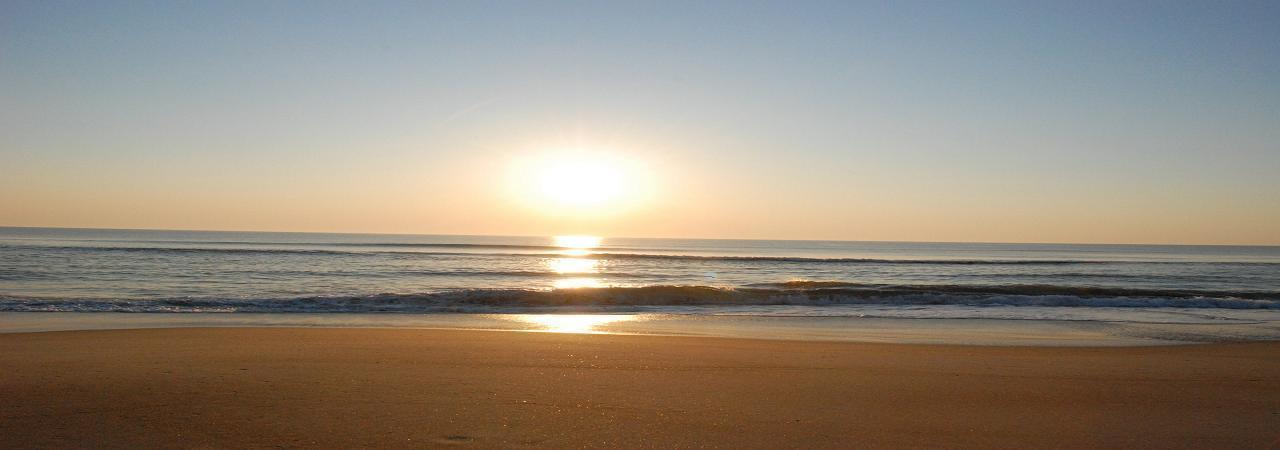Posted on July 17, 2014
by Jerry Alatalo
“Integrity without knowledge is weak and useless, and knowledge without integrity is dangerous and dreadful.”
– SAMUEL JOHNSON (1709-1784) English essayist, poet
 At the latest BRICS (Brazil, Russia, India, China, South Africa)Summit held in Brazil on July 15-16, the organization signed an agreement to form a new world development bank. This entity will create/replace development loans that have historically been made by the International Monetary Fund (IMF), World Bank (WB) and similar international financial institutions. The main difference between BRICS’ proposed financial entity and the “unopposed” IMF, WB, etc. is each entity’s ownership and philosophical reasons for operations.
At the latest BRICS (Brazil, Russia, India, China, South Africa)Summit held in Brazil on July 15-16, the organization signed an agreement to form a new world development bank. This entity will create/replace development loans that have historically been made by the International Monetary Fund (IMF), World Bank (WB) and similar international financial institutions. The main difference between BRICS’ proposed financial entity and the “unopposed” IMF, WB, etc. is each entity’s ownership and philosophical reasons for operations.
One could compare BRICS nations’ announcement to a credit union opening in an area where privately owned banks had total and competition-less control of the financial market. The market which has been completely dominated in monopolistic fashion by the privately owned Federal Reserve, IMF, WB, European Central Bank and other national, private central banking entities is the world market. Given the increasing criticism coming from the so-called 99% of the world’s people against large private central banking institutions in recent years, it is not surprising that “blowback” in the form of BRICS’ development bank has come to pass.
The without-competition historical monopoly of the largest private-owned central banks on Earth, when BRICS” development bank becomes operational, will have come to an end because now nations will hold the option to borrow any necessary funds from the BRICS bank. Considering that Brazil, Russia, India, China and South Africa represent 40% of the world’s people and 25% of economic activity, there is no doubt this is a major-league game changer for international finance.
Those who’ve read John Perkins’ book “Confessions of an Economic Hitman” will understand how the BRICS development bank agreement came about. Perkins’ “hitman” job consisted of selling leaders – of nations which possessed natural resources that multinational corporations wanted to extract for profit – on taking World Bank or IMF multi-billion dollar loans. Perkins would tell the presidents of nations that going ahead with large loans would make the president’s family very wealthy, but rejecting Perkins’ loans plan could result in “problems” for the various leaders.
The “problems” Perkins warned leaders about were unfortunately real. According to Perkins, those leaders who declined on putting their nations in deep debt, and making themselves wealthy, would face what Perkins describes as “the jackals.” A number of actions were available to bring about the removal of leaders who wouldn’t agree to “play the game”. Various destabilization actions like organizing protests, creating propaganda critical of the leaders, planted news reports, “false flag” events, assassination plans, and other covert operations have been carried out through the decades to overthrow “stubborn” elected leaders.
Perkins personally knew democratically elected leaders who died from assassination.
If the “jackals” overthrow plans failed, then war becomes used to forcefully remove the leaders. While “democracy” was the stated reason for military operations which have resulted in the deaths of millions over the decades, financial and resource extraction corporations waited for the destruction to end. When nations became militarily defeated, the financial and resource extraction corporations moved in and began operations. The national, historical memory of war and killing and destruction during tens to hundreds of small to large wars is most certainly the largest motivating factor in the genesis, planning, and eventual agreement on a BRICS development bank.
Those leaders who succumbed to monetary temptation agreed to loans putting their nations and people into deep debt, the billions became spent on roads, ports, energy installations, etc. – built often by U.S./western companies to ease resource extraction – making the countries’ wealthy few more rich, along with the owners of corporations which eventually extracted. On many more occasions than not, the nations whose leaders’ actions led to impossible-to-repay debt would come to the point where public assets became sold/privatized at deep discount, public expenditures became cut in “austerity/structural adjustment” measures, and average citizens saw their quality of life deteriorate.
The world’s largest banking entities and their owners have looked upon small and developing nations as customers, and BRICS has agreed to set up a new bank for those “customers” to do business with. Perhaps if private banking institutions had dealt more fairly and honorably with their nation-customers, they wouldn’t face the loss of those large accounts now to the “new bank on the block”. The private central bank owners have no one to blame for the loss of their international reputations but themselves. Customers, whether small or large in every size banking business, will only tolerate so much disrespect from, and difficult dealings with, bank owners.
In the broadest sense, BRICS’ agreement on a new development bank is evidence of a growing worldwide movement toward international relations based on greatly increased levels of integrity.
****
(Thanks to Ministry of Foreign Affairs, India @ YouTube)
